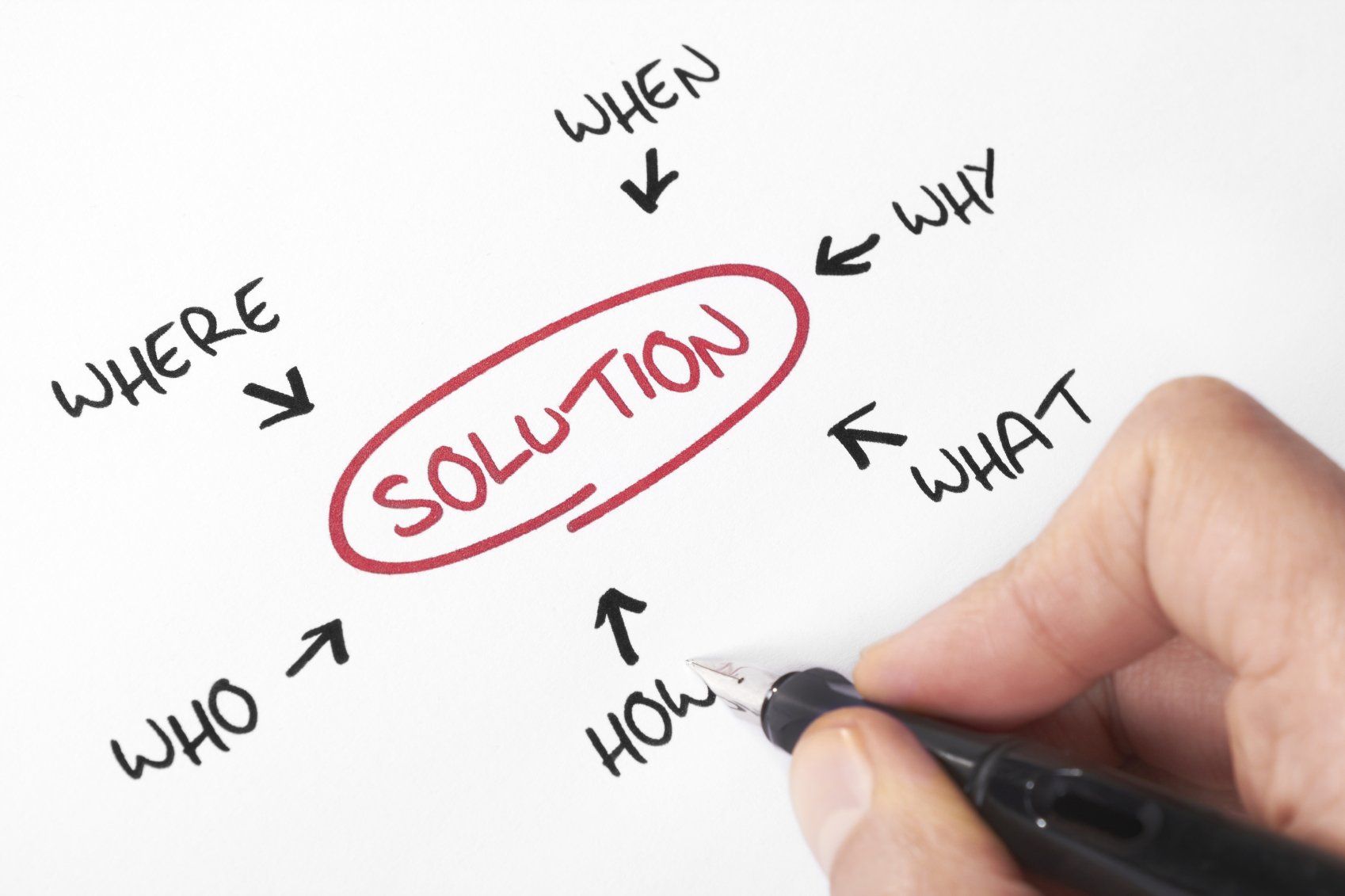By karim Baz
•
January 13, 2022
Life has been and will always be full of changes and now, more than ever. Pandemic, again limited social contact in some places, fears and doubts are all factors that made us struggle to maintain balance in our lives. It might sound weird but although the battle was and might be still frustrating, it isn’t ALL bad! It allowed a lot of us to look inward, learn about ourselves and about what and who we really are, what we really like and what we don’t, challenge our views to “What was normal” and “what are we willing to subject ourselves to now”. Here are few simple questions that touch different areas of life, that I used to ask to myself throughout the last year in order to evaluate my emotional, social and mental state which helped me face the challenges and create a balanced life in chaotic times. Do I find myself questioning what works for me and what doesn’t? - Do I miss the connection with others the way it used to be pre-pandemic or has it been a relief for me? Do I feel demotivated to meet people and be in social gatherings or I’m burning the candle on both ends because I am starving new connections and relationships? Am I still in love with all what I used to love and appreciate before or I feel like some changes are needed? I have asked myself these questions and I am sharing them here with you as they helped me a lot in evaluating my situation in a clear and conscious way and I believe this kind of “Auto-scan” is a beneficial habit to include in your life routine. It doesn’t have to happen every morning obviously, but a check-up from time to time, especially when an important event has happened and has brought change with it or right after any transitioning into a new life stage. Upon any transitioning into a new stage, it is important to not allow the stress and old patterns to override; and doing so results in a better understanding of yourself and your needs, easier re-organization of your thoughts, full control over your own life and obviously, less reactions. I believe that the majority of the anxious moments one passes through, are results of reacting instead of responding, and resisting instead of resonating. Regrets are a consequence of resistance; flow is a consequence of resonance. “Go with the flow” is a philosophical concept that has been practiced for millenniums. The notion of the word “flow” was made popular upon the publication of the book “Flow: The psychology of optimal experience” of the psychologist Mihaly Csikszentmihalyi, in which the Author outlines his theory that equates happiness with “the frequency and length of a person’s flow state” and defines “Flow” as “the state of concentration or deep absorption with the activity or situation at hands.” Different schools of thought have defined the flow state in different ways, some call it detachment and others call it mindfulness but regardless of the connotation, they all refer to the practice of letting go of the past and not be worried about the future, so we can live the present moment, the Here and Now! In modern psychology, and so it was in ancient philosophy, the facts of immersing ourselves in the present, immersing ourselves in what we have in hands and immersing ourselves in the conscious state of letting go of the control are the basis of Flow and happiness. Immersing ourselves in the present – and just the present! Have you ever saw a musician playing his or her instrument, immersed in the performance and the rhythm, as if nothing else matters? Or a head of an orchestra, with the eyes closed, entranced and leading a group of artists in their performance? This is exactly the Flow state I am talking about and it works both ways, either if you are skilled in what you are doing or you’re not, and in the latter case, you will find yourself merged into the experience as a little kid, losing the sense of time and feeling just good! “Flowing” in the present moment teaches us how to master our emotions, how to activate our subconscious and how to endure all what life brings our way with finesse and acceptance. The need of being in control over everything in our lives doesn’t just make things more complicated, but keeps us in an “Alert” state of mind which get manifested in our bodies as stress, in other words: psychological and physical tensions.






















